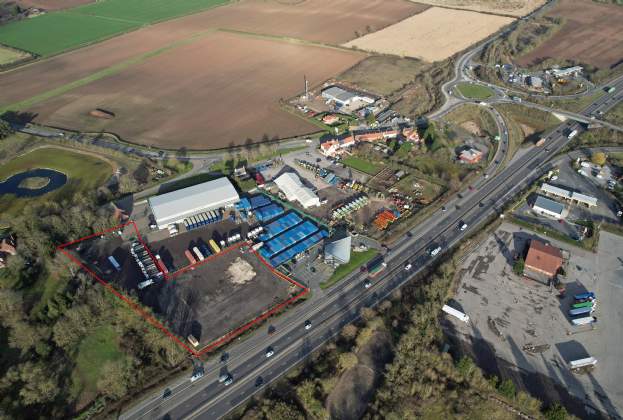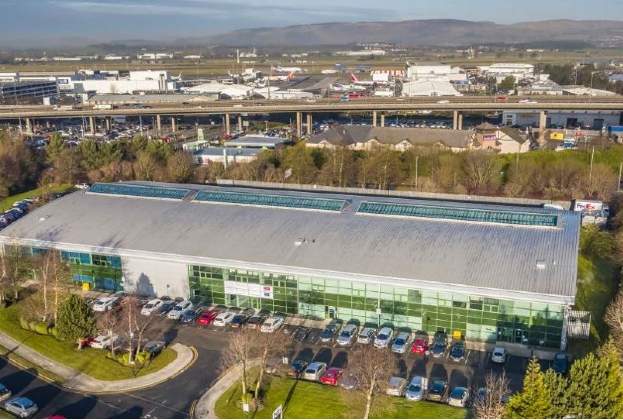Since the UK officially left the EU we have seen numerous headlines about increased taxation, stockpiling and lorry drivers' confiscated sandwiches, but what does it mean for the logistics market?
While still in the EU customs union, goods could move freely between the UK and other European countries without incurring import taxes. However, since 1 January items above a certain value can be subject to hefty VAT and customs duties.
These additional charges are usually collected by the courier on behalf of the Government, with customers being asked to pay before they can pick up the their package. Crucially, though, this is the responsibility of the purchaser and not the retailer, who quite often will have no idea how much the eventual extra cost might be.
Consequently, these new charges are presenting a major problem for firms and many predict that trade with the EU is likely to stop, at least until there is greater clarity. Unsurprisingly, this is also creating an issue for European logistics firms that are refusing UK deliveries due to new bureaucratic regulations.
These current post-Brexit trading arrangements have the potential to shift trade flows and ultimately the dynamic of the industrial and logistics market in a number of ways.
Firstly, with customers no longer buying from Europe and with logistics providers refusing to ship to the UK, we could see people start to look elsewhere to satisfy their online shopping habits. According to delivery management firm Whistl, around 15 per cent of UK shoppers buy from overseas every day, causing a huge gap in demand. This could see European firms acquiring space here in the UK, one example being Belgian logistics firm Weerts, who recently took more than 800,000 sq ft at Suffolk Park, not far from the port of Felixstowe.
This isn’t just affecting flows one way. According to a recent survey conducted by e-commerce technology company Pitney Bowes, one in four French and German consumers say they will be ordering fewer goods online from the UK.
Therefore, we may also see businesses from even further afield fill this gap, with occupiers from as far away as China and the US nearshoring and acquiring warehouse space in the UK or Europe in order to be closer to their consumers.
Secondly, UK retailers and manufacturers could also absorb some of this demand themselves, creating an uptick in requirements for logistics space. If this were to happen, the amount of money spent online within the UK would rise considerably. It’s estimated that for every £1 million of online sales, an additional 775,000 sq ft of warehouse space is required.
International supply chains have been designed for efficiency, however increased border checks and rising costs are creating both literal and metaphorical barriers. In response, we should see more inventory being held closer to where it’s required, either in the UK or Europe. There will be some retailers who have the capital to do this, some will seek out the help of 3PLs, while others simply won’t be able to afford it.
Confusion, red tape and increased taxation is never ideal, but the overall impact for the logistics sector should be positive with the potential to drive UK real estate requirements. Nevertheless, better data and increased transparency will help reopen trade and remove uncertainty.
Further information
Read more Spotlight: Port-centric Logistics
.jpg)


.jpg)
.jpg)

.jpg)

.jpg)

.jpg)